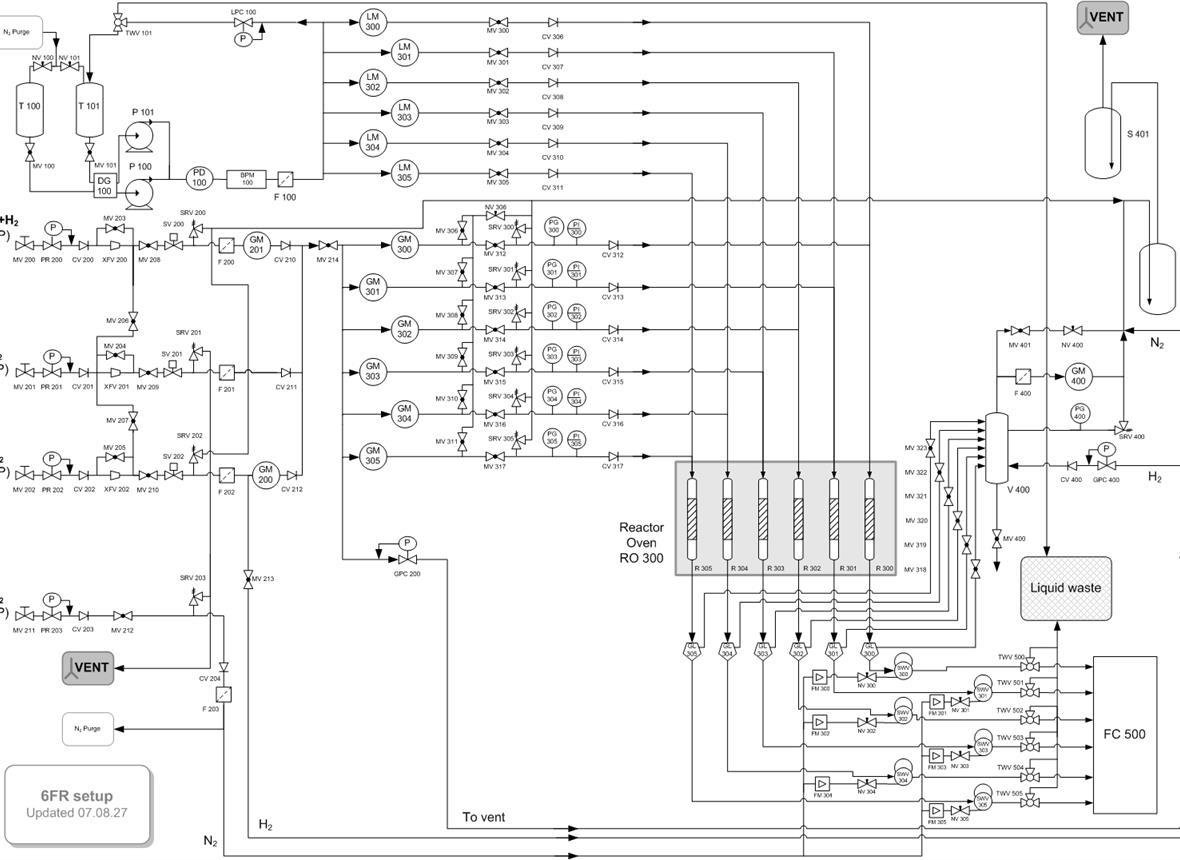Abstract
Microbial electrolysis cells (MECs) have garnered attention as a promising technology for biohydrogen production from organic waste streams. However, the requirement for high external applied voltages, practically exceeding 1 V, and relatively low hydrogen yields undermine the feasibility of this technology. To address these challenges, this study proposes an integrated system combining dark fermentation (DF) with MECs, leveraging the synergistic effects of the two processes to reduce energy inputs while enhancing hydrogen output significantly. The DF-MEC system effectively overcomes the high voltage and low hydrogen yield limitations of conventional MECs by utilizing the volatile fatty acids and other by-products generated during the DF stage as substrates for MEC operation, enabling stable performance at voltages below 1 V. The integrated DF-MEC system achieved a fourfold increase in hydrogen production from 25.8 to 112 mL, compared to standalone MEC operation operating at 0.8 V, yielding 1.87 ± 0.1 L H2 L−1 ·d−1, along with a chemical oxygen demand removal efficiency of 67.5 ± 1.6 % and an energy recovery rate of 30%. The proposed system is cost-effective, scalable, and environmentally sustainable, making it an attractive approach for renewable energy production and organic waste management. This study offers a compelling pathway to further optimize bioelectrochemical systems for practical large-scale biohydrogen production.
Keywords
EPB
